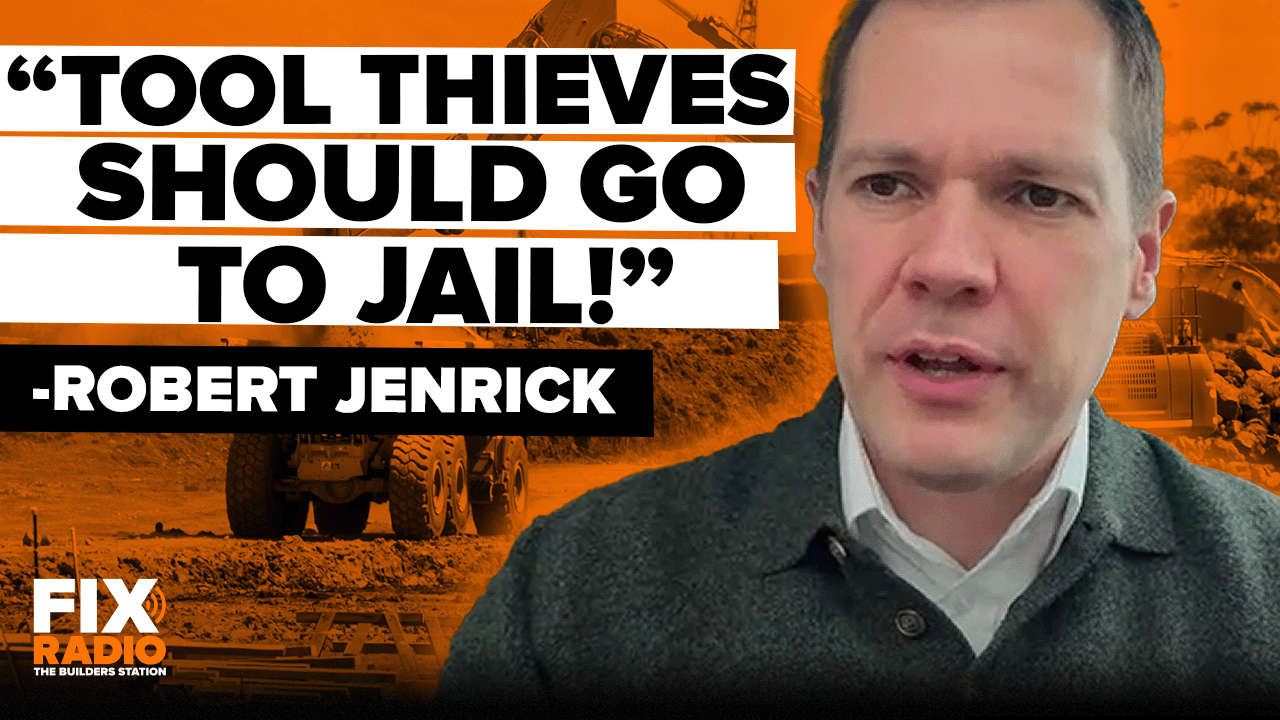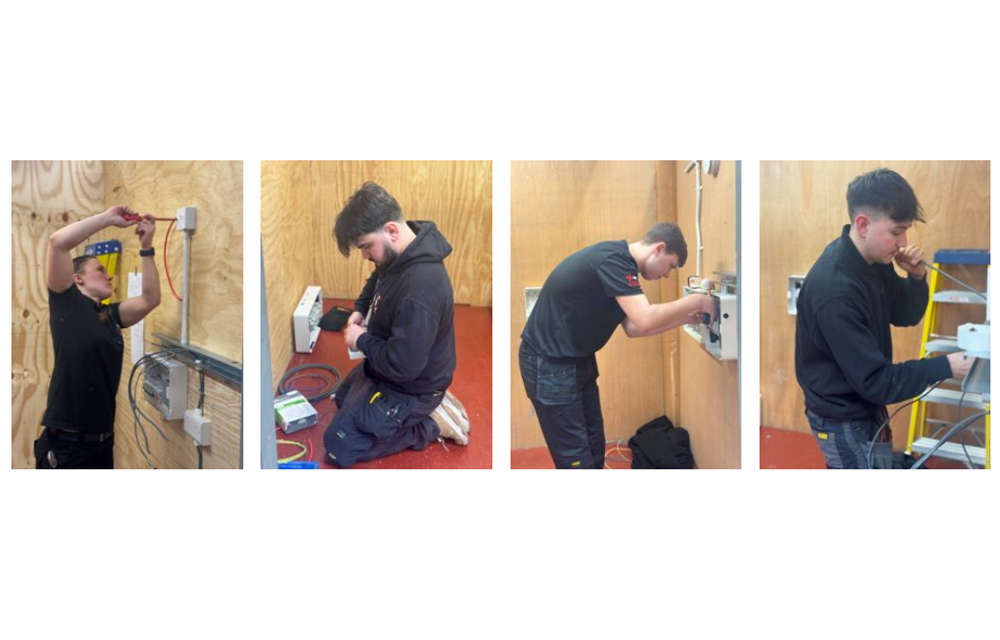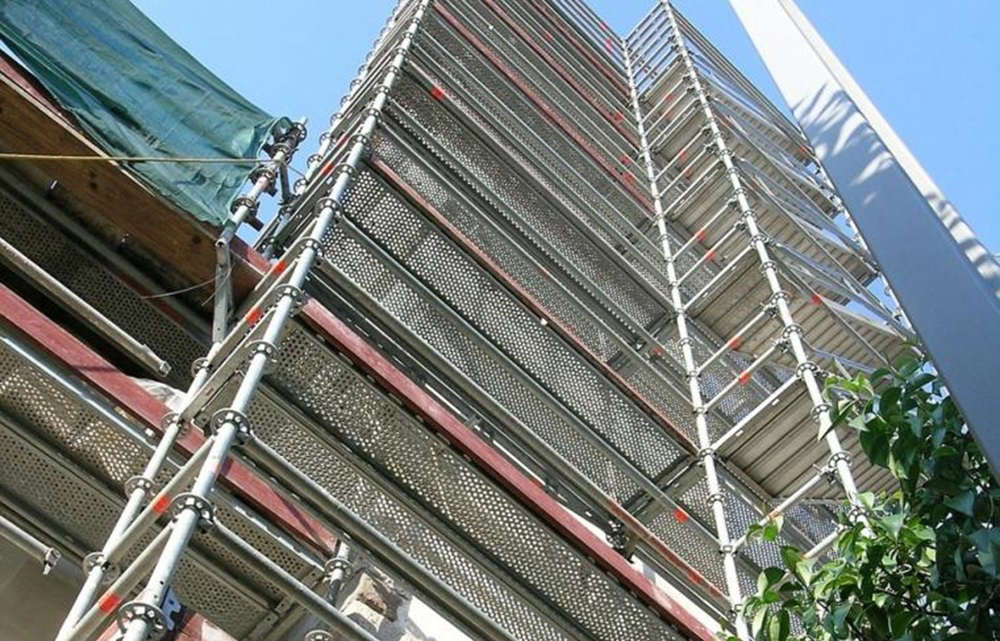
Three in five builders and tradespeople say they plan to start or continue sustainability training
New research from Jewson suggests more than half (54%) of builders and tradespeople are winning more work by offering services linked to sustainability.
The data, which forms part of Jewson’s annual Trade Trends report, shows that sustainable building has grown from a niche market into a mainstream business driver as more homeowners look for sustainable solutions.
Matching this growing demand with the right level of knowledge and insight is a key challenge, and the report from the UK’s leading builders’ merchants shows that investing in training remains a priority.
Three in five builders and tradespeople say they plan to start or continue sustainability training. The key motivating factors are keeping up with the times (67%), being good for the environment (47%), and winning more work (37%).
Sabrina Passley, Head of Sustainability for STARK UK, Jewson’s parent company, said: “As the construction industry moves toward a low-carbon future, there’s a growing opportunity – and responsibility – for tradespeople to upskill in sustainable building practices.”
While being able to speak to existing homeowners and support them with sustainable solutions remains key, government regulation impacting those working on new homes is also shaping the industry's future.
Some details of the Future Homes Standard (FHS) have been released; however, its official rollout is still subject to delays.
The FHS is designed to ensure that new homes in England produce 75%- 80% fewer carbon emissions than those built under current regulations. It also includes targets around Biodiversity Net Gain (BNG) for new developments to protect and enhance the natural environment.
Awareness of the FHS is growing among builders and skilled tradespeople, with almost a third (32%) aware of its introduction, up from less than a quarter last year. However, concerns remain about the challenges it may present.
There’s been a big jump in the number of people worried about more paperwork and admin (up from 14% in 2024, to 34% in 2025), with the same proportion of respondents saying it’ll lead to increased business costs.




 JTL holds Apprentice of the Year Assessment Day
JTL holds Apprentice of the Year Assessment Day
 AUDIO NEWS: Contractors warned about fake CSCS card checks and Charlie Mullins warns of AI bloodbath
AUDIO NEWS: Contractors warned about fake CSCS card checks and Charlie Mullins warns of AI bloodbath
 Construction workplace illnesses hit 28,000 annually
Construction workplace illnesses hit 28,000 annually
 Fall in R&M building work signals a tough year for builders: FMB
Fall in R&M building work signals a tough year for builders: FMB




